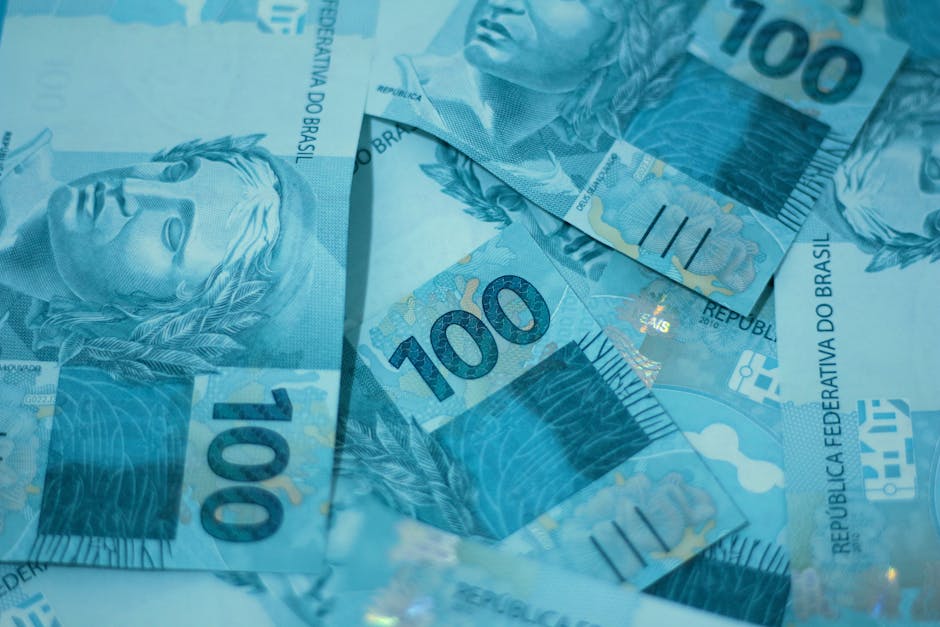LCQ17: Remitting Renminbi to the Mainland
*****************************************
Following is a question by the Hon Priscilla Leung and a written reply by the Secretary for Financial Services and the Treasury, Mr Christopher Hui, in the Legislative Council today (June 16):
Question:
In recent months, a number of Hong Kong people who have purchased properties in the Mainland cities of the Guangdong-Hong Kong-Macao Greater Bay Area (Greater Bay Area) have sought my assistance. Earlier on, as they had planned to pay for the properties via the Mainland bank accounts under their names, they entrusted money changers to remit Renminbi (RMB) to those accounts. Afterwards, Mainland law enforcement agencies froze the accounts concerned on the grounds that the money involved was connected with unlawful acts under investigation. Some of such accounts have so far been frozen for more than one year. They have sought assistance from the Customs and Excise Department (C&ED) and the Consumer Council (the Council), but to no avail. In this connection, will the Government inform this Council:
(1) of the respective numbers of complaints against money changers received by the C&ED and the Council in the past three years and, among such cases, the number of those which involved Mainland bank accounts which were frozen due to connection with unlawful activities; and
(2) given that in recent years, it has been increasingly common for Hong Kong people to live and purchase properties in Mainland cities (especially in the Greater Bay Area), (i) what new measures have been put in place by the Government to increase Hong Kong people’s awareness of the risks involved in remitting money to pay for the properties via money changers, and (ii) whether it will strive for the Mainland authorities’ introduction of more measures to facilitate the purchases of properties on the Mainland by Hong Kong people (e.g. implementing supporting remittance arrangements and raising the daily limit on the amount of RMB that may be remitted to the Mainland by Hong Kong people)?
Reply:
President,
Having consulted the Customs and Excise Department (C&ED), the Consumer Council and the Constitutional and Mainland Affairs Bureau, my specific response to the respective parts of the question is as follows:
(1) From 2018 to May 2021, the C&ED and the Consumer Council respectively received a total of 262 and 121 complaints involving unfair trade practices of money service operators (MSOs). Among these cases, 64 and 18 of them are understood to involve the freezing of mainland bank accounts used for remittance.
(2) On risks involved in cross-border remittances, the C&ED attaches great importance to protecting the interest of citizens engaging cross-border remittance services provided by MSOs. The C&ED has been proactively promoting compliance of the MSO sector and conducting promotional and educational campaigns, such as through seminars and outreach publicity programmes, to remind the sector of their obligation to safeguard consumer interest in the course of business operation and ensure that MSOs handle client money and complete relevant transactions in an appropriate manner.
On the facilitation measures for Hong Kong residents purchasing properties in the Mainland, after the meeting of the Leading Group for the Development of the Guangdong-Hong Kong-Macao Greater Bay Area held in November 2019, the Central Government announced 16 policy measures, one of which was to facilitate Hong Kong residents purchasing properties in the Mainland cities of the Guangdong-Hong Kong-Macao Greater Bay Area (Greater Bay Area). Hong Kong residents are no longer required to provide evidence of their duration of residence, study or employment; nor do they have to meet conditions on the payment of individual income tax and social security when purchasing properties in the Mainland cities of the Greater Bay Area, meaning that they now enjoy the same treatment as local residents. This measure can facilitate Hong Kong residents to study, work and reside after retirement on the Mainland.
Following the announcement of the policy measure to facilitate Hong Kong residents purchasing properties in the Mainland cities of the Greater Bay Area, the Hong Kong Special Administrative Region (HKSAR) Government has been liaising with the Mainland authorities closely to seek clearer and more convenient supporting arrangements in areas such as cross-boundary mortgage and remittance. The Governments of the HKSAR and Guangdong Province will work together to streamline the procedures for purchasing residential properties and to seek mortgage policy enhancements for Hong Kong residents in the Mainland cities of the Greater Bay Area.
The Department of Natural Resources of Guangdong Province released a notice in August 2020 regarding real estate mortgage registration in the nine Mainland Greater Bay Area cities by banks in Hong Kong and Macao, which states clearly that banks in Hong Kong and Macao can offer cross-boundary mortgage services and standardises the procedures for banks to make registration for mortgage in the nine Mainland Greater Bay Area cities, providing a basis for Hong Kong banks to develop their cross-boundary mortgage business. The HKSAR Government will continue to follow up with the Mainland authorities to provide facilitation arrangements for Hong Kong residents to purchase properties in the Mainland Greater Bay Area cities.
On Hong Kong residents’ cross-boundary remittance arrangement, the prevailing Renminbi (RMB) remittance arrangement (i.e. a daily cap of RMB80,000 per person) has been in place since 2005, which mainly aims at providing convenience for Hong Kong residents’ living and consumption activities in the Mainland. Since the remittance arrangement involves cross-boundary fund flow, any relaxation or adjustment is subject to the Mainland authorities’ consideration. The HKSAR Government will, having regard to the actual situation and needs, continue to liaise with the Mainland authorities to refine the facilitation measures for cross-boundary fund flow and use of RMB.
